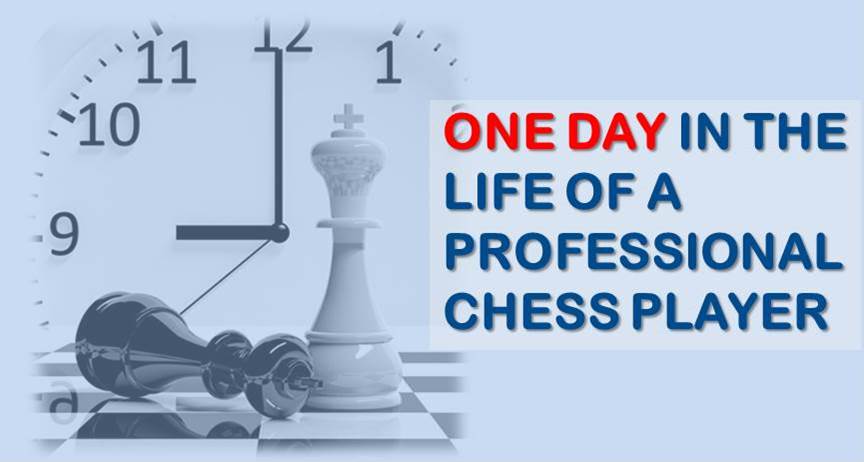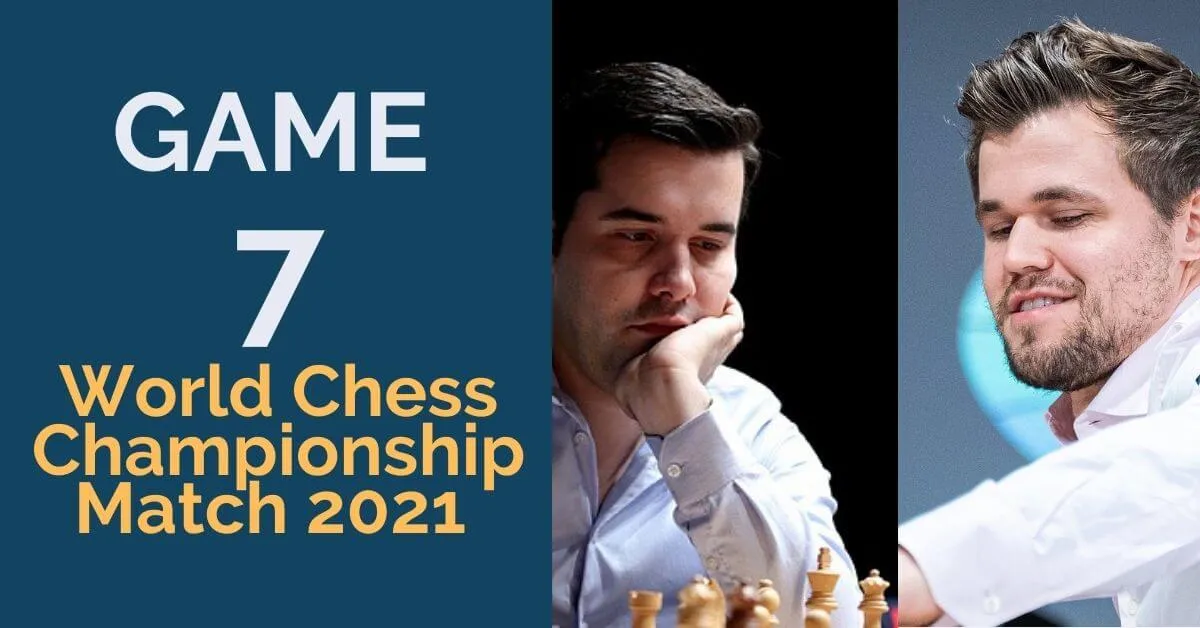ELO chess: Deeper look at chess rating system
I already talked about the subject of elo rating but decided to expend previous article with more information and some technical details about elo chess rating system. This article is not recommended for people who take statistics/predictions way too seriously since this information can ruin their chess results. So read it at your own risk!
The ELO chess rating system is a method of estimating the strength of two players. ELO system isn’t an IQ score. ELO rating does not show how smart you are, how well your memory is, how fast can you calculate chess variations or recognize chess patterns (it is a topic of a separate discussion, how well the IQ score reflects all of the above).
What ELO rating does predict is the result of the game between two players with known ELO chess ratings. How it does it? ELO method is based on a precise mathematical equation:
new rating = old rating + K×(W-We). Where
K-factor is a coefficient which is equal to 25 for new players, 15 for players rated below 15 and 10 for players rated above 2400.
W – Actual score is being calculated by adding 1 for a win, 0.5 for a draw and 0 for a lose.
We– excepted result is based on the fact that the player whose ELO is 100 points higher than the opponent’s ELO wins 64% of the games.
The following table is an approximate version of the winning/losing chances for two players of different strength, based on the formula above. For example if the rating difference between two players is 0 points, meaning that the ratings are the same, each player will score 50% if they play enough games. If one player is 200 points higher rated than his opponent he is expected to win 76% of the games. We can see that according to that statistics 500 points difference means that devastating 96% of the games will be won by the stronger side.
| Rating Difference | Expected Result for a player with higher ELO |
Expected result for a player with lower ELO |
| 0 | 50% | 50% |
| 25 | 53% | 47% |
| 50 | 57% | 43% |
| 100 | 64% | 36% |
| 150 | 70% | 30% |
| 200 | 76% | 24% |
| 250 | 81% | 19% |
| 300 | 85% | 15% |
| 350 | 89% | 11% |
| 400 | 92% | 8% |
| 450 | 94% | 6% |
| 500 | 96% | 4% |
| 735 | 99% | 1% |
| >735 | 100% | 0% |
Even though according to ELO system 2200 rated player 1 is stronger than 1900 rated player 2, it does not automatically means that player 1 will win the game. Player 2 can win and in this case the weaker players rating will increase while the stronger player’s rating will go down.
Who uses ELO chess rating system? Well almost everyone today, starting from FIDE and USCF and ending with online chess servers.
FIDE has its own gradation of the chess players based on ELO ratings. Here is an approximate table:
- >2,700 – Grandmaster qualifying for the world championship match
- 2,500-2,700 – Grandmaster (GM)
- 2,400-2,499 – International Master (IM) or Senior Master
- 2,200-2,399 – National Master (NM)
- 2,000-2,199 – Expert or Candidate Master
- 1,800-1,999 – Class A
- 1,600-1,799 – Class B
- 1,400-1,599 – Class C
- 1,200-1,399 – Strong Beginner
- 1,000-1,199 – Beginner
- <1,000 – New player
- 100 – Minimal possible ELO rating
In order to obtain a FIDE norm of Grandmaster (GM) or International Master (IM) the following conditions must be true:
1. A minimum of 9 games should be played
2. At least 50% of opponents must be titled players
3. The players score must be equal or higher than minimum performance rating needed for the norm (2600 – GM norm, 2450 – IM norm).
4. For GM norm at least 30% of the players played must be GMs
5. For IM norm at least 30% of the players played must be IMs. In order to achieve a National Master (NM) norm, it’s only needed to obtain a certain rating (2300).
Even though an ELO chess rating can give more or less reasonable prediction of the game’s outcome based on ratings of the opponents, it does not mean that a weaker player should use this table to see that his chances are nearly equal zero and give up without battle. I hope my readers are not these kinds of chess players. For those unsatisfied with 3.2 % winning chances I strongly recommend learning how to beat a stronger player at chess and chess self-improvement guide.










Comments: